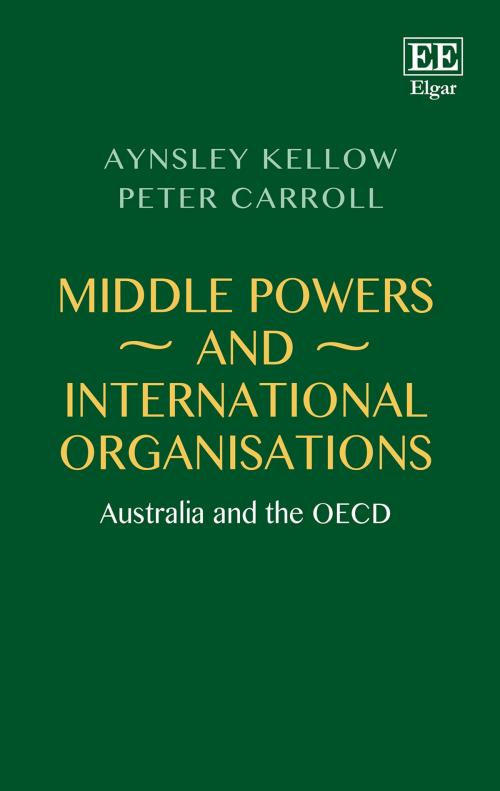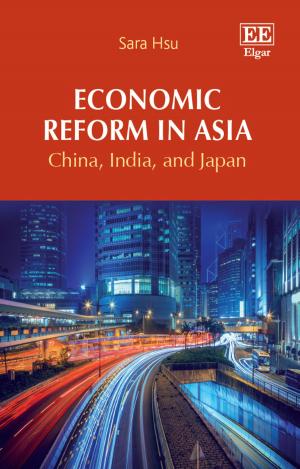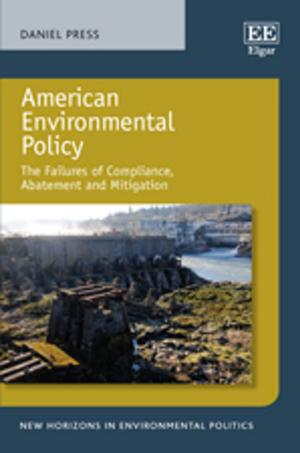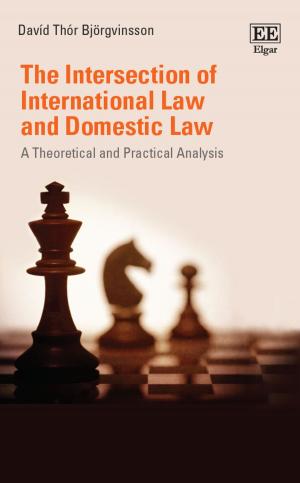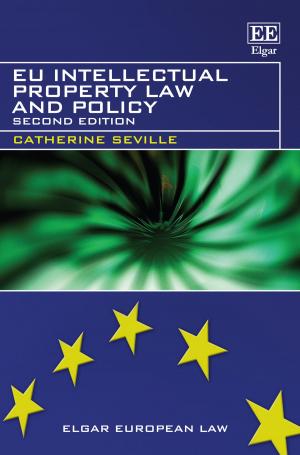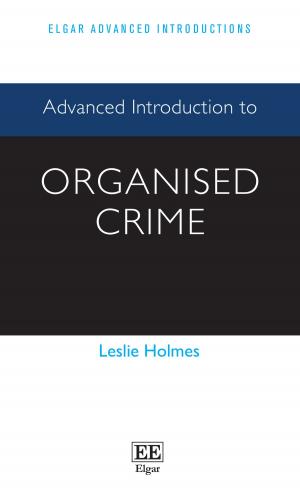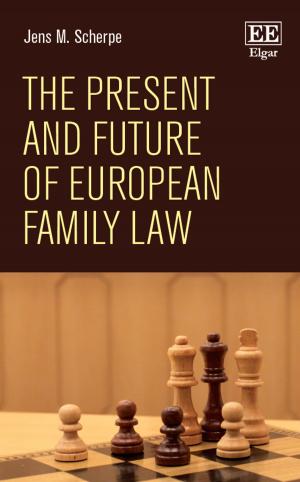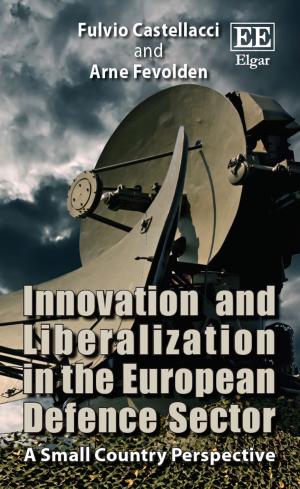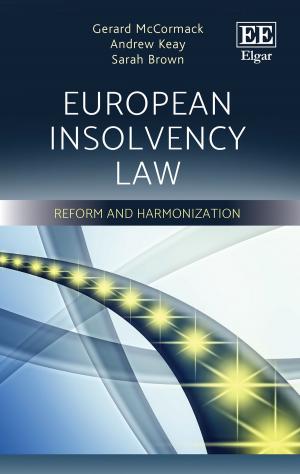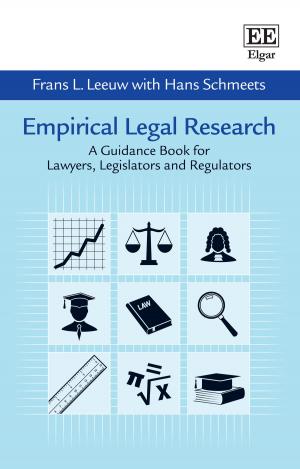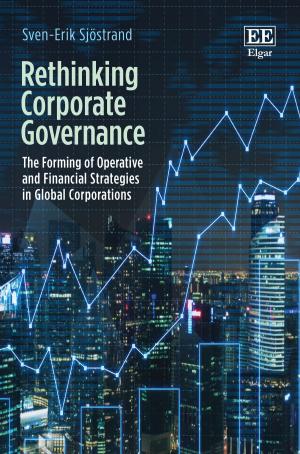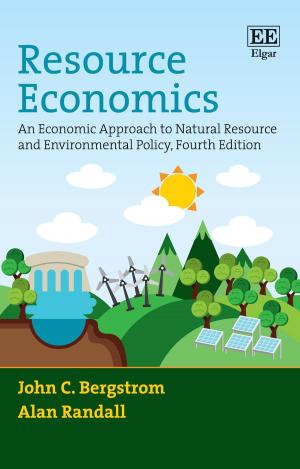Middle Powers and International Organisations
Australia and the OECD
Nonfiction, Social & Cultural Studies, Political Science, International, International Relations| Author: | Aynsley Kellow, Peter Carroll | ISBN: | 9781788110648 |
| Publisher: | Edward Elgar Publishing | Publication: | May 26, 2017 |
| Imprint: | Language: | English |
| Author: | Aynsley Kellow, Peter Carroll |
| ISBN: | 9781788110648 |
| Publisher: | Edward Elgar Publishing |
| Publication: | May 26, 2017 |
| Imprint: | |
| Language: | English |
This book provides a unique examination of how a middle power uses international organisations to achieve greater global influence. The authors focus on the OECD, ‘the rich man’s club’ of most of the world’s wealthiest nations. It demonstrates how the decision by Australia to apply for membership was a long drawn out process, delayed by political factors. Eventually agreement was reached with assurances that membership would provide access to valuable and timely policy-related information, especially in relation to international trade and finance. In addition, membership would potentially increase influence by providing greater access to its powerful member states at an earlier stage in their policy discussions and agreements.
This book provides a unique examination of how a middle power uses international organisations to achieve greater global influence. The authors focus on the OECD, ‘the rich man’s club’ of most of the world’s wealthiest nations. It demonstrates how the decision by Australia to apply for membership was a long drawn out process, delayed by political factors. Eventually agreement was reached with assurances that membership would provide access to valuable and timely policy-related information, especially in relation to international trade and finance. In addition, membership would potentially increase influence by providing greater access to its powerful member states at an earlier stage in their policy discussions and agreements.
